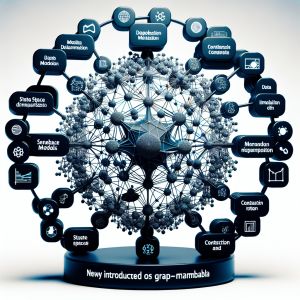
Do Big Language Models Comprehend Context? An AI Study by Apple and Georgetown University Presents a Benchmark for Contextual Understanding to Aid the Assessment of Generative Models
The development of large language models (LLMs) that can understand and interpret the subtleties of human language is a complex challenge in natural language processing (NLP). Even then, a significant gap remains, especially in the models’ capacity to understand and use context-specific linguistic features. Researchers from Georgetown University and Apple have made strides in this








